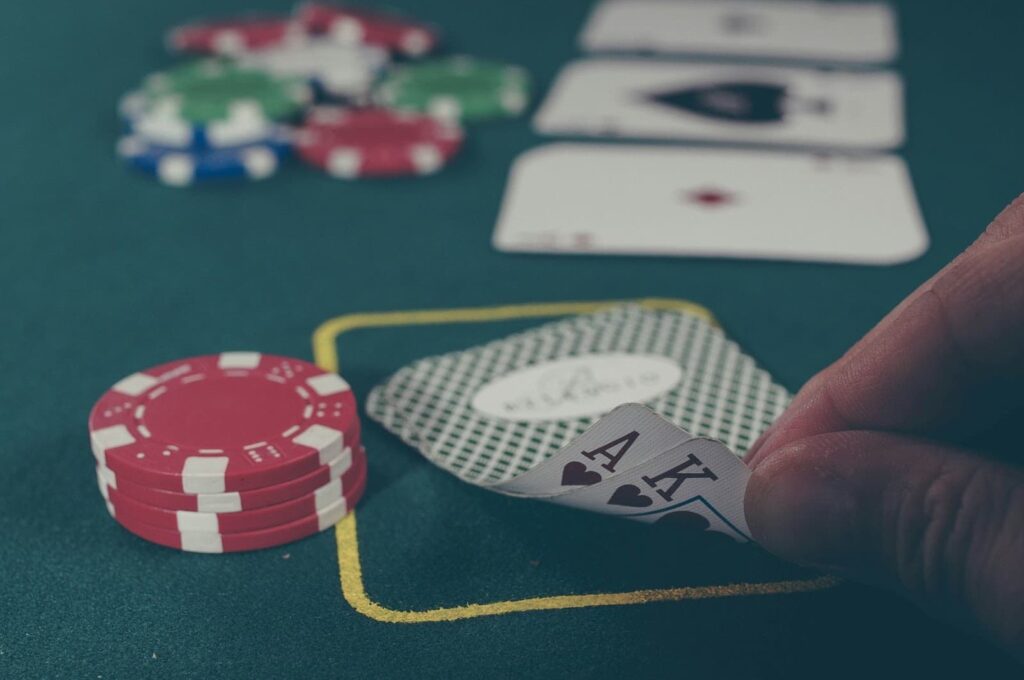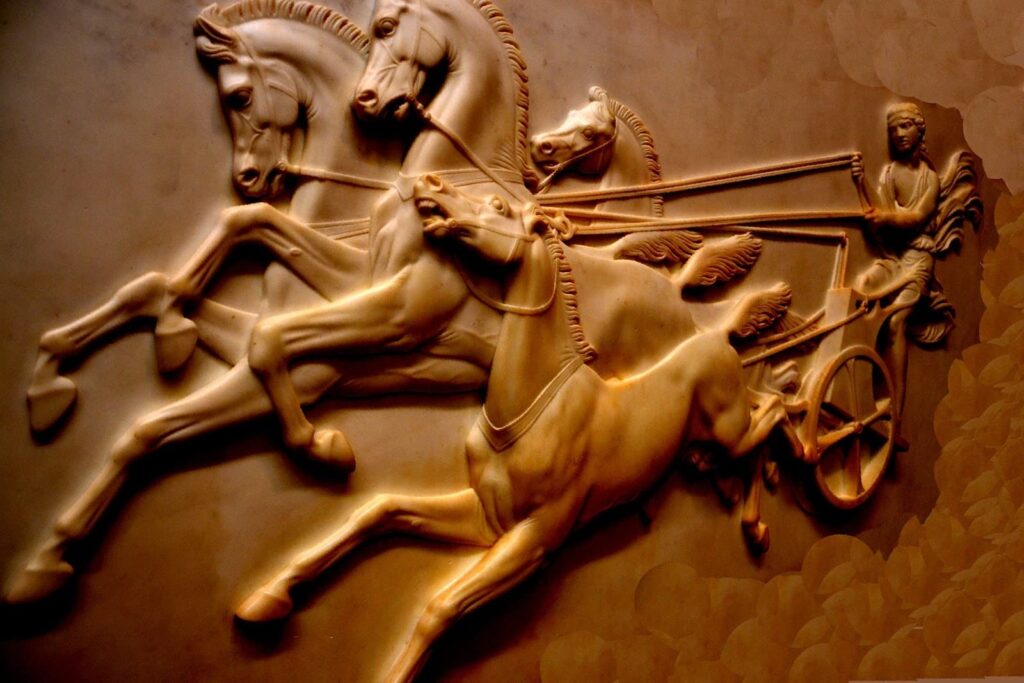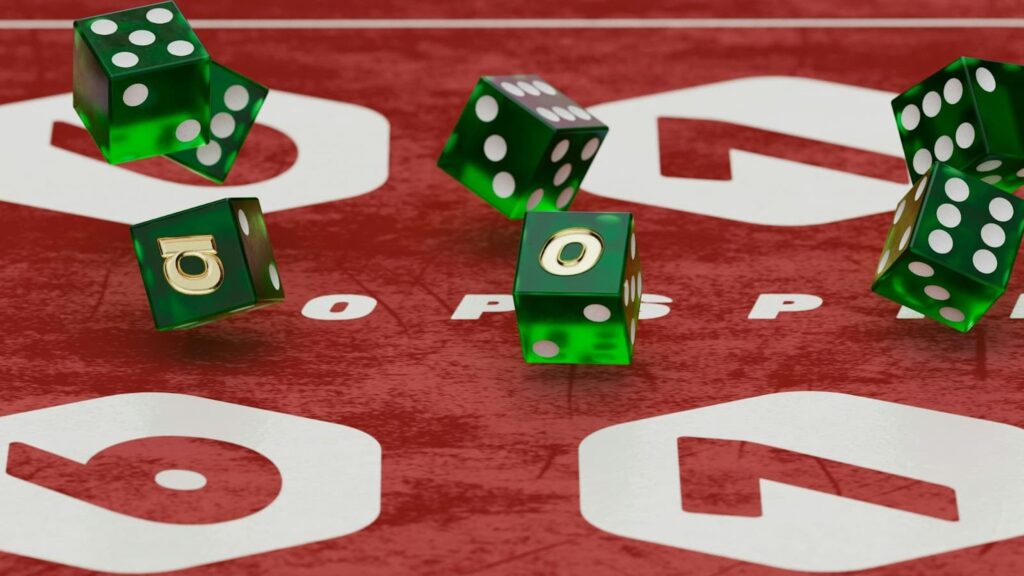Introduction
Ever wondered where the thrill of rolling dice or the excitement of a lucky draw originated? Believe it or not, the games we enjoy today, including those found in a Dubai online casino, have roots stretching back thousands of years. This fascinating journey through time reveals how the playful pastimes of our ancestors have shaped the pulsating world of modern gambling.
From the sun-baked streets of ancient Egypt to the opulent palaces of China, games of chance and skill have been a constant companion to human civilization. These age-old entertainments didn’t just disappear into the sands of time – they evolved, adapted, and ultimately laid the groundwork for the diverse array of gambling options we now enjoy, including some of the best online casinos UAE has to offer.

So, buckle up as we embark on an exhilarating ride through history, uncovering the ancient origins of our favorite games and exploring how they’ve influenced the high-stakes world of contemporary gambling. Ready to roll the dice on this adventure? Let’s dive in!
The Origins of Ancient Games
Early Board Games
Picture this: you’re an ancient Egyptian pharaoh, lounging in your palace, looking for a bit of fun. What do you reach for? Chances are, it’s a game of Senet. This popular board game, dating back to 3500 BCE, wasn’t just a way to pass the time – it was a reflection of Egyptian beliefs about the afterlife.
Senet was played on a board with 30 squares, using stick dice and pawns. Players raced to move their pieces off the board, symbolizing the soul’s journey through the underworld. Talk about high stakes!
Meanwhile, in ancient Mesopotamia, the Royal Game of Ur was all the rage. This two-player strategy game, discovered in the royal tombs of Ur, featured an intricate board and was played with dice and pawns. It’s believed to be an ancestor of backgammon – who knew your favorite bar game had such a regal lineage?
These early board games weren’t just about fun and competition. They were deeply intertwined with religious beliefs, social status, and even concepts of fate and destiny. Sound familiar? It’s not so different from how we view luck and fortune in modern gambling!
Dice Games in Antiquity
Now, let’s roll back the clock even further. Dice games have been around for so long, they practically invented the phrase “old as time.” The oldest known dice, made from animal bones, date back to 3000 BCE in Iran. But it was the ancient Greeks and Romans who really got the ball (or cube) rolling when it came to dice games.
In ancient Greece, dice were used not just for gambling, but also for divination. The Greeks believed that the gods controlled the fall of the dice, making every roll a peek into divine will. Talk about pressure on your craps game!
The Romans took dice games to a whole new level. They were so dice-crazy that Emperor Claudius wrote a book on the subject and even had a special carriage designed so he could play while traveling. Now that’s what I call dedication to the game!
Over in ancient China, dice games were equally popular. The game of Sic Bo, still played in casinos today, originated during the Han Dynasty (205-187 BCE). It used three dice and players bet on the outcome of the roll. Sound familiar? That’s because it’s essentially the same game you might play in a modern casino!
Betting and Wagering in Ancient Times
Now, you might be thinking, “Sure, they had games, but was there actual gambling?” Oh boy, was there ever! Betting and wagering were as common in ancient times as selfies are today.
In ancient Greece, betting was a big part of the Olympic Games. Spectators would place wagers on their favorite athletes, turning the sacred event into a kind of ancient sportsbook. The Romans took it even further, betting on everything from chariot races to gladiatorial combats. They even had laws regulating gambling – though that didn’t stop Emperor Nero from betting a cool 400,000 sesterces on a single roll of dice!

In China, gambling was so prevalent that by 200 BCE, the government was running lotteries to fund state projects. Talk about an early version of the national lottery!
Even in ancient India, gambling was a popular pastime. The epic Mahabharata tells of a fateful dice game where a king gambles away his kingdom, his brothers, and even his wife. Now that’s what you call high stakes!
These ancient betting practices laid the groundwork for the complex wagering systems we see in modern casinos and online gambling platforms. The thrill of risk and the allure of potential reward have been hardwired into human nature for millennia!
The Evolution of Gambling Practices
Transition from Ancient to Medieval Games
As we journey from the ancient world to the medieval period, we see a fascinating evolution in gambling practices. The fall of the Roman Empire didn’t mean the end of gambling – far from it! Instead, games and betting practices adapted to new cultural contexts, spreading across Europe and beyond.
During this transition, many ancient games persisted but took on new forms. For instance, the Roman dice game of Hazard evolved into the medieval game of Craps. The basic concept remained the same – betting on the outcome of a dice roll – but the rules became more complex, reflecting the medieval love for intricate systems and codes.
In medieval Europe, gambling became deeply intertwined with chivalric culture. Knights would often gamble between battles, betting on dice games or chess matches. These games weren’t just about winning money – they were seen as tests of character and fortune, mirroring the unpredictable nature of battle and life itself.
Interestingly, while the Church often condemned gambling, many monasteries became hotbeds of game innovation. Monks, with their literacy and free time, developed new games and refined existing ones. Talk about divine inspiration!
Influence on Early European Games
As we move into the Renaissance and Early Modern period, we see how these evolving gambling practices influenced the development of new games that are still popular today.
Take playing cards, for instance. While their exact origins are disputed, they likely arrived in Europe from the Islamic world in the 14th century. By the 15th century, card games had spread like wildfire across Europe, with each region developing its own unique decks and games.
The development of playing cards opened up a whole new world of gambling possibilities. Games like Basset, Faro, and Lansquenet became popular in royal courts and gambling houses alike. These games combined elements of ancient dice games with the new possibilities offered by cards, creating more complex betting systems and strategies.
Another significant development was the rise of lotteries. While lotteries had existed in ancient times, they took on new importance in Renaissance Europe. Cities and states began organizing large-scale lotteries to fund public works projects. For example, the Virginia Company of London ran a lottery in 1612 to fund the establishment of the first English colony in America. Talk about gambling on the future!
These early European games laid the foundation for many of the casino games we know and love today. The next time you’re playing Blackjack or buying a lottery ticket, remember – you’re participating in a tradition that goes back centuries!
The Connection to Modern Gambling
Ancient Games and Contemporary Casino Games
Now, let’s fast forward to today. You might be surprised to learn just how much of our modern gambling world is rooted in these ancient practices.
Take Roulette, for example. This casino staple might seem thoroughly modern, but it actually has its roots in the ‘Wheel of Fortune’ concept that dates back to ancient Rome. The Romans would spin a chariot wheel to determine fates – not so different from spinning a Roulette wheel, is it?
Or consider slot machines. While they’re a product of the 19th century, the concept of matching symbols for a prize goes back to ancient Chinese ‘token games’. These games used coins with holes in the center, which were shuffled and matched to win prizes. Sound familiar?
Even our modern lottery systems owe a debt to history. The concept of drawing lots to determine a winner has been around since ancient times, used in everything from distributing land to choosing political candidates. Today’s PowerBall isn’t so different from the lotteries of Renaissance Italy!
And let’s not forget about Poker. While its exact origins are debated, it clearly evolved from earlier card games that combined betting with hand rankings. The bluffing and strategy involved in Poker can be traced back to ancient games like the Chinese ‘lying dice’ game.
The Role of Technology in Evolution
Of course, the biggest change in recent years has been the rise of online gambling. Technology has transformed these ancient games, making them more accessible than ever before.

Online casinos have taken games that were once confined to physical locations and made them available at the click of a button. Now, you can play a game of Blackjack or spin a slot machine from the comfort of your own home, or even on the go with your smartphone.
This digital revolution has also allowed for the creation of new games that would have been impossible in a physical casino. Live dealer games, for instance, combine the convenience of online play with the human interaction of a real casino.
Moreover, technology has made gambling more interactive and immersive. Virtual Reality casinos are starting to emerge, offering players the chance to step into a fully realized 3D casino environment. It’s like stepping into a time machine that takes you to both the past and the future simultaneously!
Psychological and Social Aspects
Despite all these changes, one thing remains constant: the psychological and social appeal of gambling. The thrill of risk, the hope of a big win, the social aspect of playing with others – these are all elements that have remained consistent from ancient times to today.
In ancient societies, gambling was often tied to religious or spiritual beliefs. People saw games of chance as a way to communicate with the gods or divine the future. While we might not view it in quite the same light today, there’s still an element of superstition in modern gambling. How many times have you heard a gambler talk about their “lucky charm” or a “hot” slot machine?
The social aspect of gambling has also remained important. In ancient times, games were a way to socialize, compete, and show off one’s wealth or skills. Today, whether it’s a poker night with friends or a bustling casino floor, gambling continues to be a social activity.
Even the rise of online gambling hasn’t eliminated this social element. Online poker rooms and live dealer games allow players to interact with each other and the dealer, recreating some of the social atmosphere of a physical casino.
Conclusion
As we’ve seen, the world of gambling is a tapestry woven from threads that stretch back thousands of years. From the board games of ancient Egypt to the dice games of Rome, from medieval card games to modern online casinos, there’s a clear line of evolution that connects our gambling present to our gaming past.
Understanding this history isn’t just about satisfying our curiosity. It gives us a deeper appreciation for the games we play today and the cultural significance they hold. It reminds us that when we place a bet or roll the dice, we’re participating in a tradition as old as civilization itself.
Moreover, this historical perspective can help us understand why gambling continues to hold such appeal in our modern world. The fundamental human desires that drove ancient people to gamble – the thrill of risk, the hope of reward, the test of fate – are the same ones that drive us today.
As we look to the future of gambling, with its virtual reality casinos and blockchain-based betting systems, it’s worth remembering that we’re just the latest chapter in a very long story. Who knows what forms gambling will take in the future? One thing’s for sure – as long as there are humans, there will be games of chance and skill, evolving and adapting just as they have for thousands of years.
So the next time you visit a casino or log into an online gambling site, take a moment to appreciate the rich history behind these games. You’re not just playing a game – you’re participating in a tradition that spans millennia. Now, who’s ready to roll the dice?